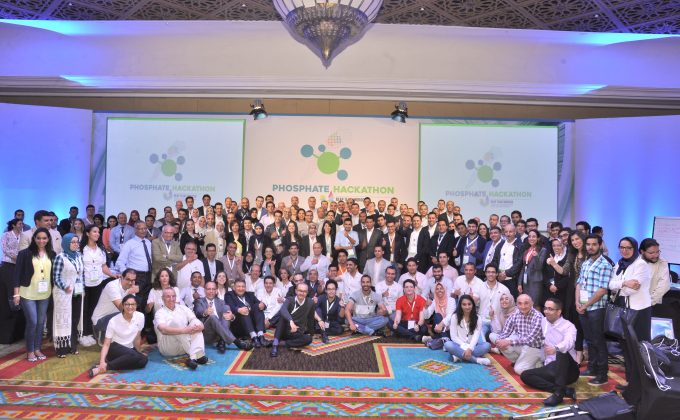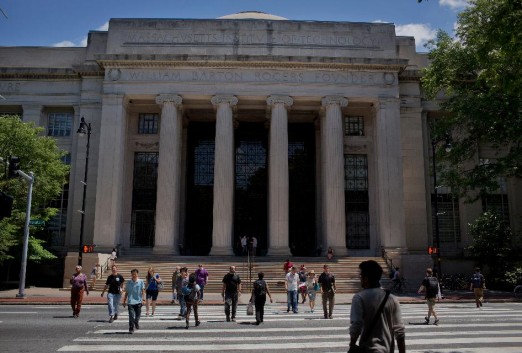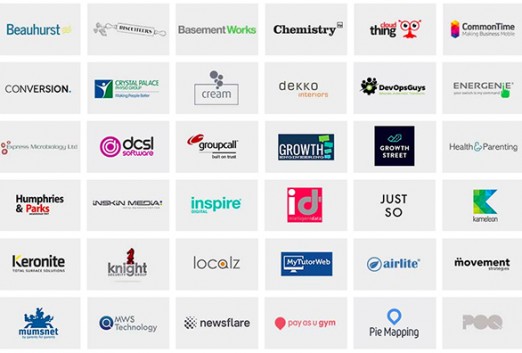Terri Park | MIT Innovation Initiative
March 9, 2017
According to the United States Geological Survey, up to 75% of the world’s phosphate rock reserves are thought to be in Morocco, making the mining industry one of the pillars of the country’s economy. At the forefront of the industry is the OCP Group, the world’s leading exporter of phosphate rock and phosphoric acid, and Morocco’s single largest corporate employer.
With over $4.5 billion in annual revenue and 23,000 employees worldwide, OCP takes its stature as Morocco’s industrial champion to heart and is keenly aware of the role it must play in catalyzing economic growth and job creation in the areas surrounding its operations, which consists of seven regions: Benguerir, Casablanca, El Jadida, Khouribga, Safi, Laayoune, and Youssoufia.
A corporation dedicated to building and developing a healthy ecosystem, OCP already had a number of high-impact initiatives in place through its foundation and entrepreneurship programs. But with double-digit unemployment amongst 18-30 year olds, a lack of diversity in skill sets, and the realization that many of their associated areas have matured into larger cities beyond its ties with OCP, the company knew it had to strengthen its existing network and wanted to create a dynamic culture of innovation and entrepreneurship in order to stimulate new ideas for the region to evolve and prosper.
In 2014, OCP set about its mission and enlisted in MIT’s Regional Entrepreneurship Acceleration Program (REAP), a two-year global initiative designed to help regions facilitate economic growth, social progress, and job creation. Delegates from the areas where OCP operates formed Team Morocco, with each participant representing one of the required five stakeholder groups: government, corporate, academia, risk capital, and entrepreneurship. The team then embarked on a series of workshops with MIT faculty to devise a strategic intervention for how to bring their vision to reality using phosphates as their region’s comparative advantage.
For their final REAP project, Team Morocco hosted the very first hackathon related to the phosphate industry last spring in El Jadida. Aimed at generating ideas and developing new solutions, Phosphate Hackathon brought together researchers, engineers, students, entrepreneurs, innovators, and investors to work on issues relevant to this important national commodity as the first step towards building its regional development strategy.
Nearly 200 participants formed 15 teams to tackle the hackathon’s defining themes in water, energy, mining site rehabilitation and sludge, maintenance, and non-conventional uses of phosphates. Each of the five themes featured three teams of about 10 participants per group. In addition, a coach acting as the manager, a lead serving as the problem owner, and an expert in the field, were provided as resources for all the themes.
Over the course of three sessions, hackers actively engaged in problem-defining, brainstorming, ideation, design and development. Each team performed a deep-dive analysis on their ideas and created a business model which they pitched to a jury panel of five members representing the stakeholders of the REAP framework at the closing session. Out of the 17 solutions presented, the jury selected three for further development and support through the OCP Entrepreneurship Network, a program which connects local entrepreneurs and disruptive ideas with the OCP. In addition, all of the solutions will be part of the REAP Community – digital and physical platforms designed to accelerate the development of ideas through execution phases in the region.
“The Phosphate Hackathon was the first step in gaining credibility for our initiative. We wanted to create momentum and engage all stakeholders in the promotion of innovative entrepreneurship. But this was just phase one of a long-term strategy. In addition to the REAP Community, we have other concepts we developed during the workshops that we hope will help create hundreds of new businesses and permanent jobs,” said Outmane El Hassani, head of regional coordination for OCP’s Foundation and Entrepreneurship Network.



